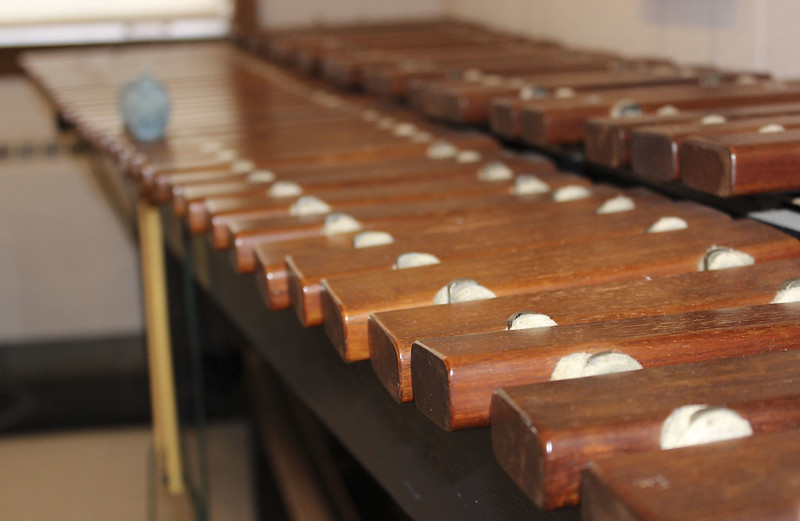If you’ve been in a hospital lately, like, say, in an emergency room, you may have noticed how loud it can be.
There are lots of people and machines doing important work, and there can be a lot of noises coming from the machines.
And it turns out, there may be an unintended side effect from all that beeping that’s not good for patients.
Popular Mechanics reported recently on a research project into a phenomenon called “alarm fatigue.”
Essentially machines in hospitals track so much that they go off a lot, sometimes hundreds of times a day per patient.
But only a few of those alarms may signal that a patient needs care right away.
In other cases it could simply be that a machine needs to be reset, or re-connected.
Over time the ears and brains of health care providers may start to filter out the alarms, to try to handle the overload of noise.
Or they may find it harder to tell the urgent alarms apart from the false ones.
The research finds that “alarm fatigue” can actually be a life or death issue in some cases.
Anesthesiologist Joseph Schlesinger of Vanderbilt University Medical Center teamed up with music cognition expert Michael Schutz of McMaster University to find a way to address the issue.
And the work starts with changing the old-school brash sounds for hospital equipment.
Some alarm sounds are designed to be annoying and therefore hard to miss, like a home alarm clock.
But a loud, irritating noise isn’t the only way to catch someone’s attention.
Think of the sounds that our phones and smart speakers use now for alarms, instead of ringing or buzzing.
Schlesinger and Schutz have been focusing on the character of different sounds to see which could be less annoying but still grab your attention.
They found that sounds based on musical instruments, like the xylophone or the triangle, are as identifiable as the standard sounds, but a lot less jarring.
That alone can’t fix the whole issue, because any sound we hear too often can get annoying over time.
Still, it may be that the alarms on those heart and lung monitors may soon get a lot more musical and more effective.
Though, if they want chill sounds to help health care workers, how about putting Kenny G in the hospital and having him play anytime a monitor goes off?
Starting Sunday in south central Alaska, it’s the 2024 Arctic Winter Games.
Athletes ages 11 to 18 take part in a range of sports events, some modern and some traditional, all while celebrating Indigenous cultures from Alaska and many other polar communities.
Making Alarms More Musical Can Save Lives (Scientific American)
No need for alarm, but we do count on our backers on Patreon to make this show possible
Photo by C.E. Crane, University of Illinois Library, via Flickr/Creative Commons

